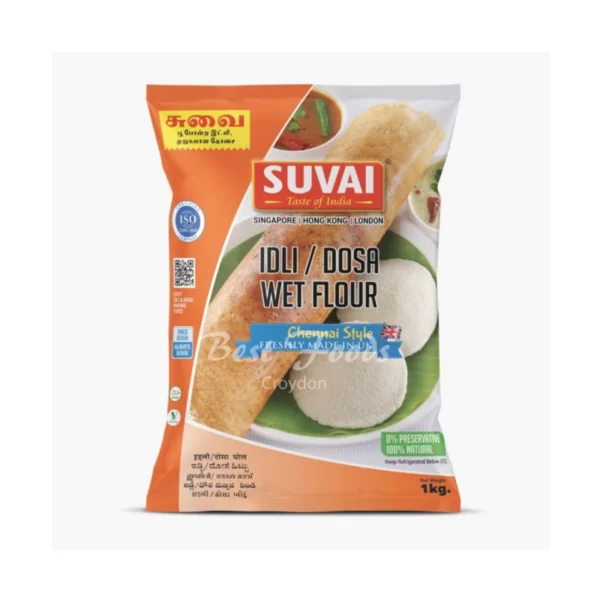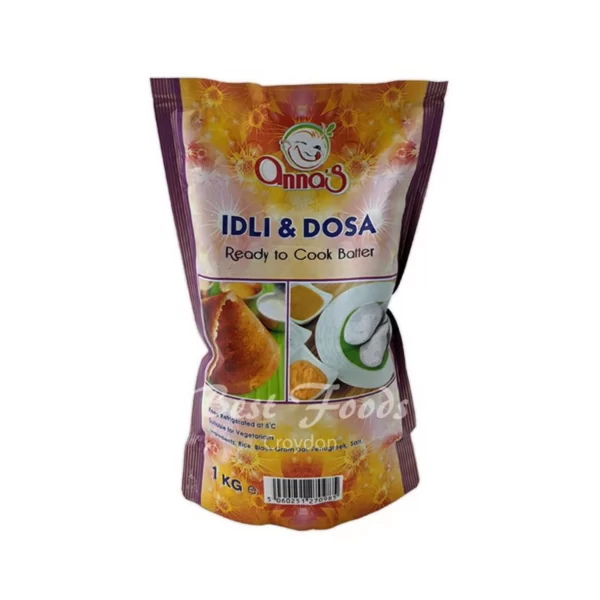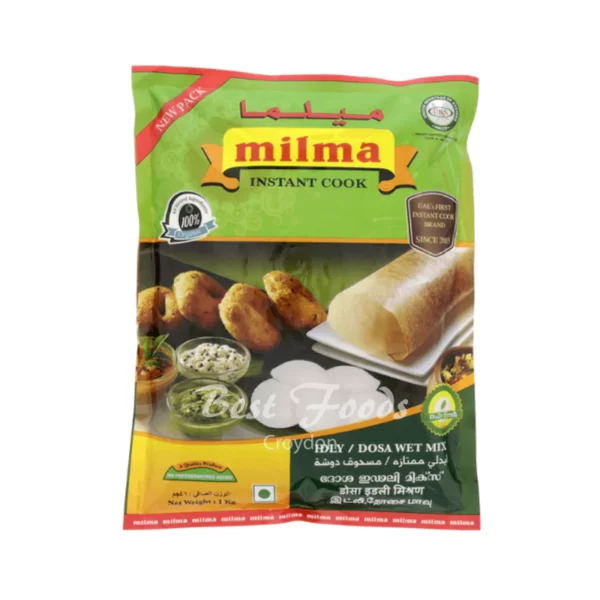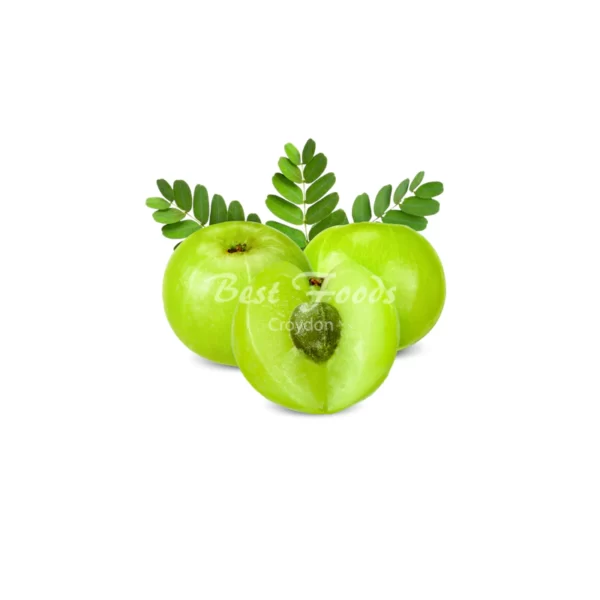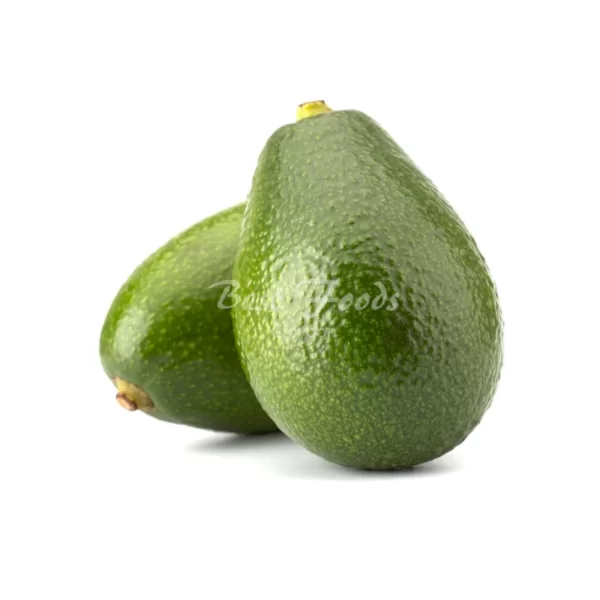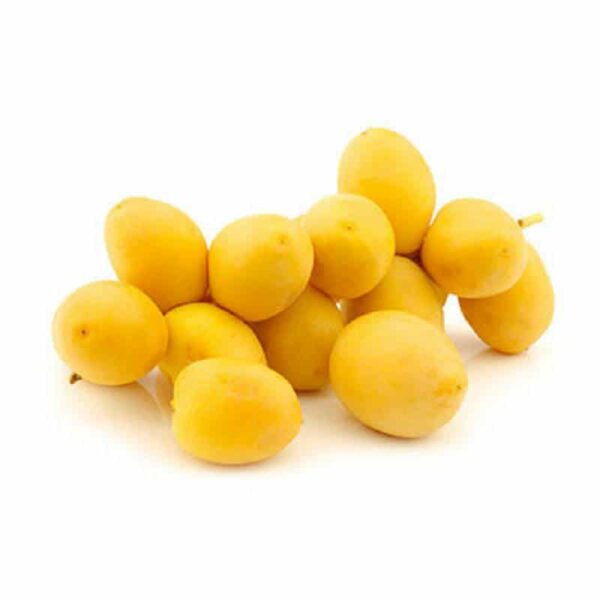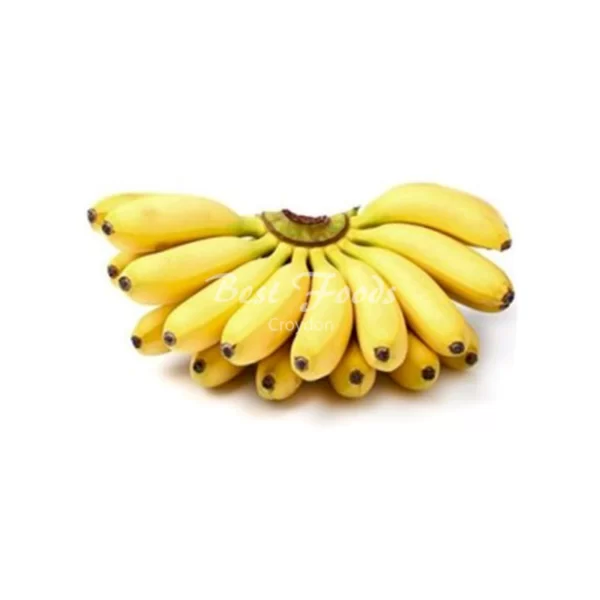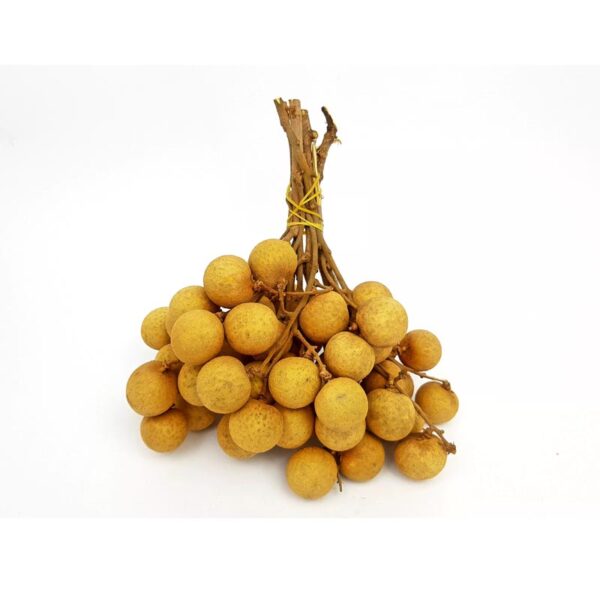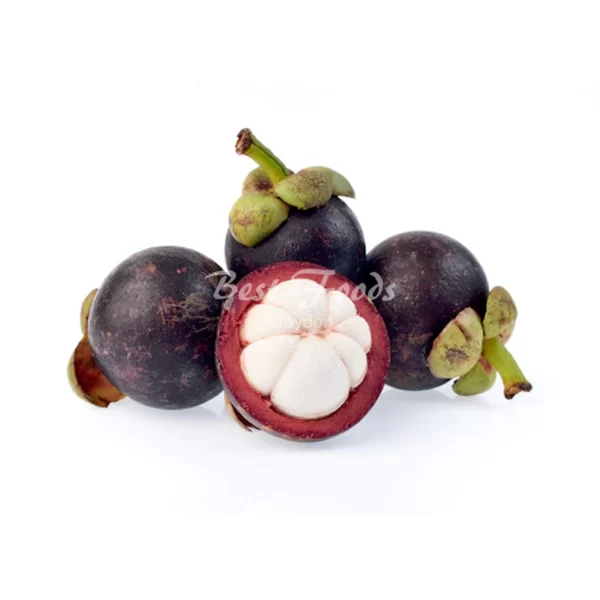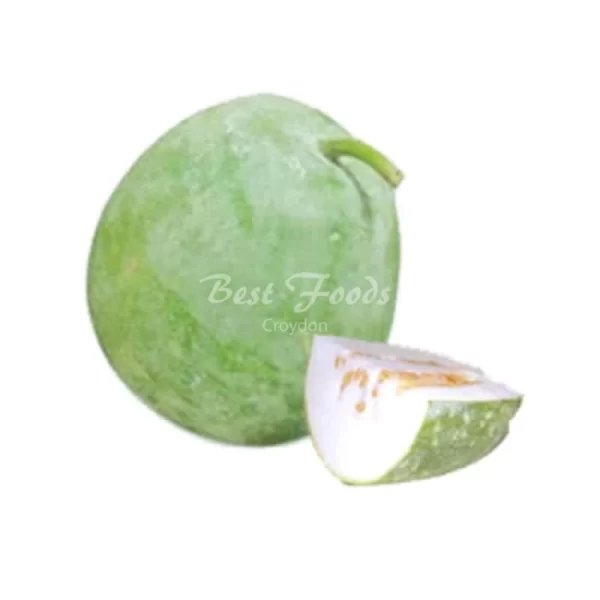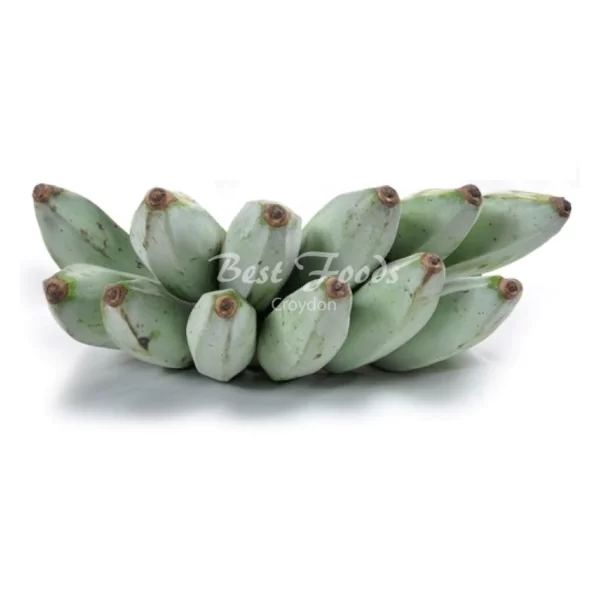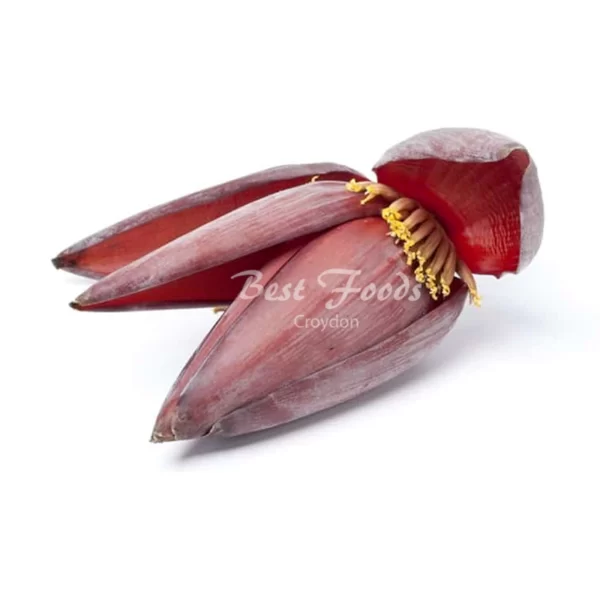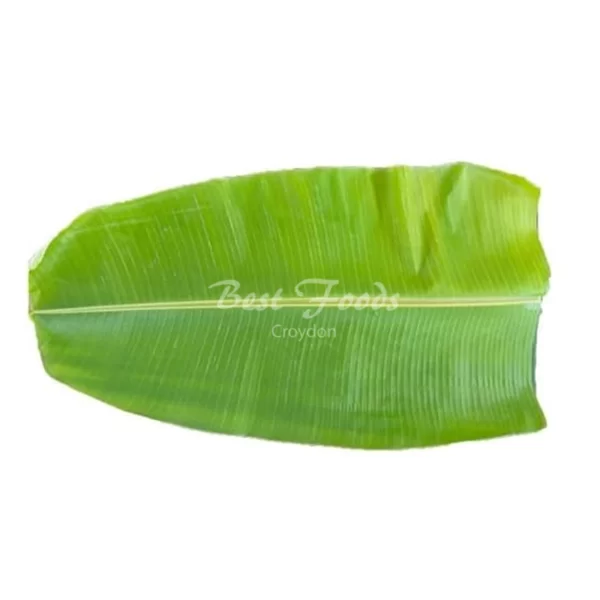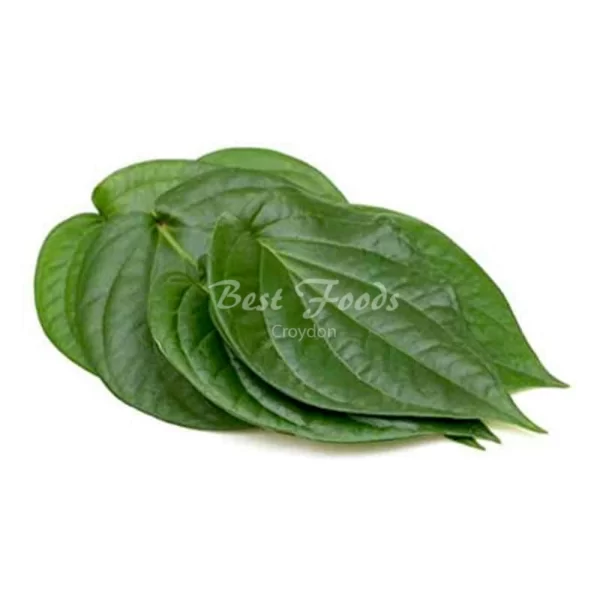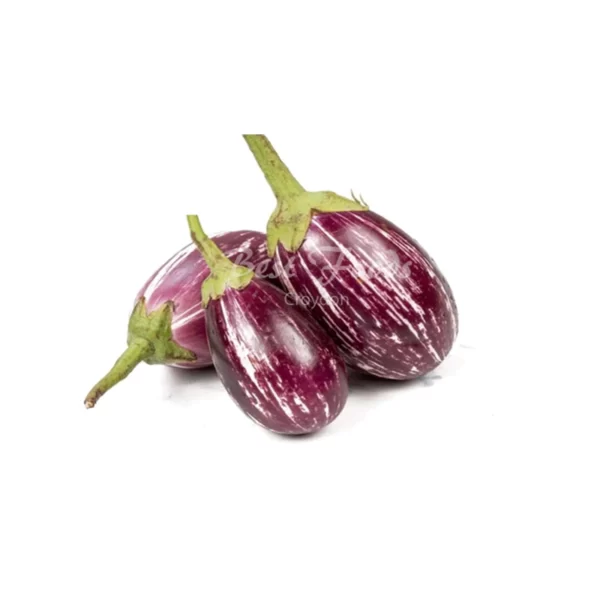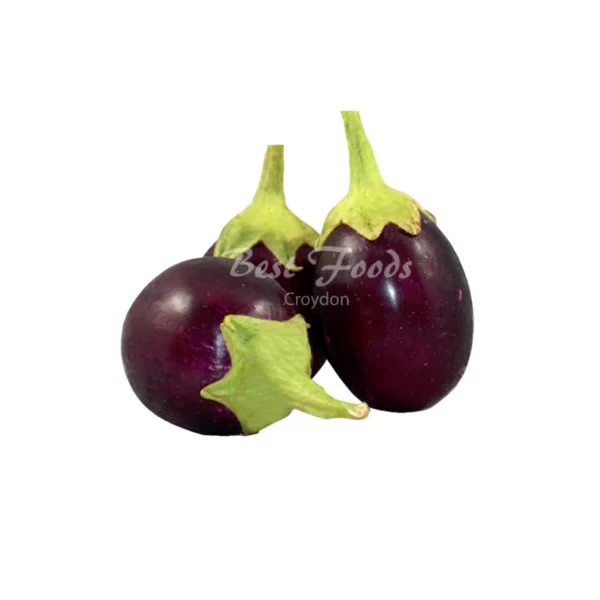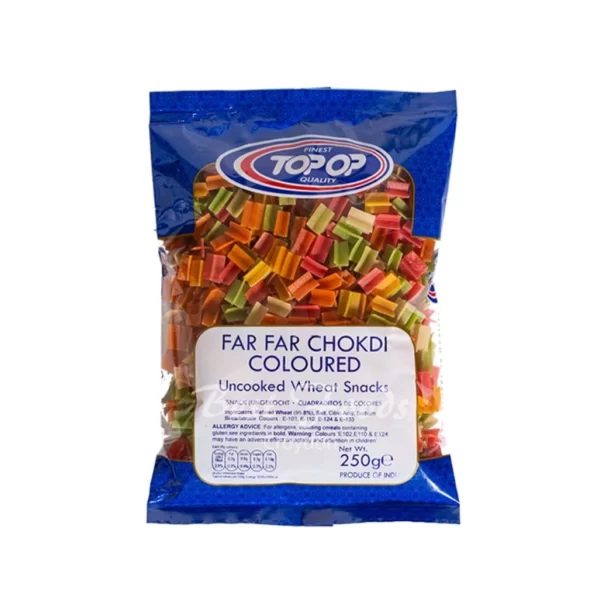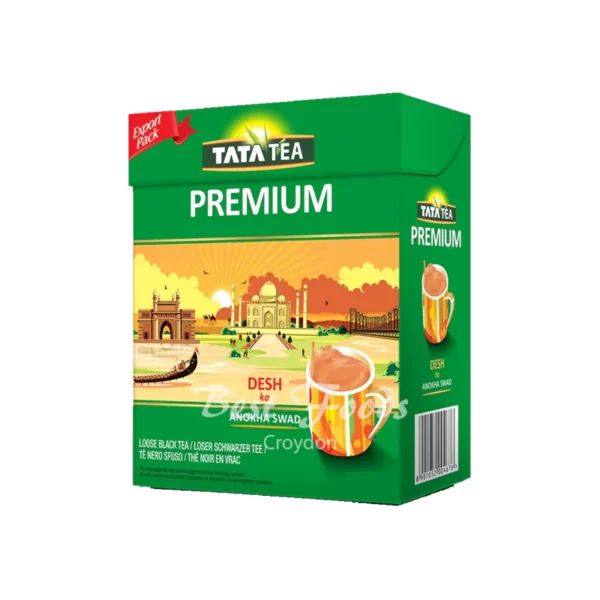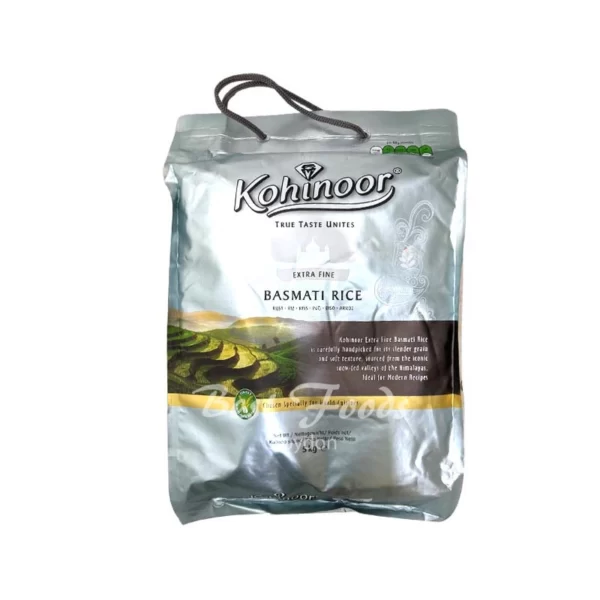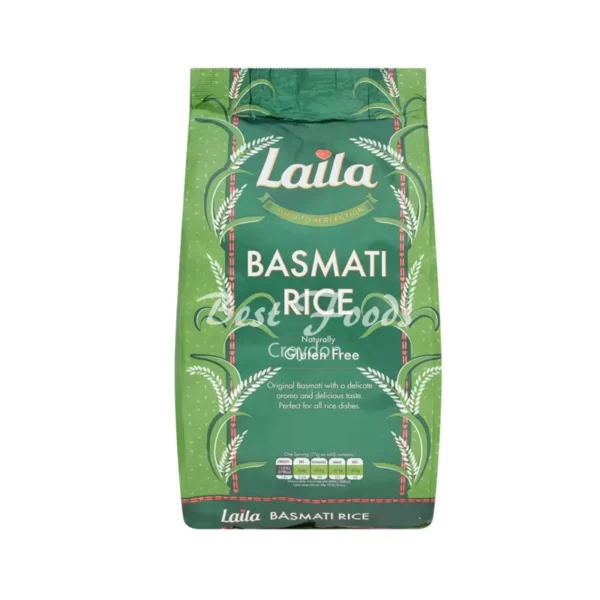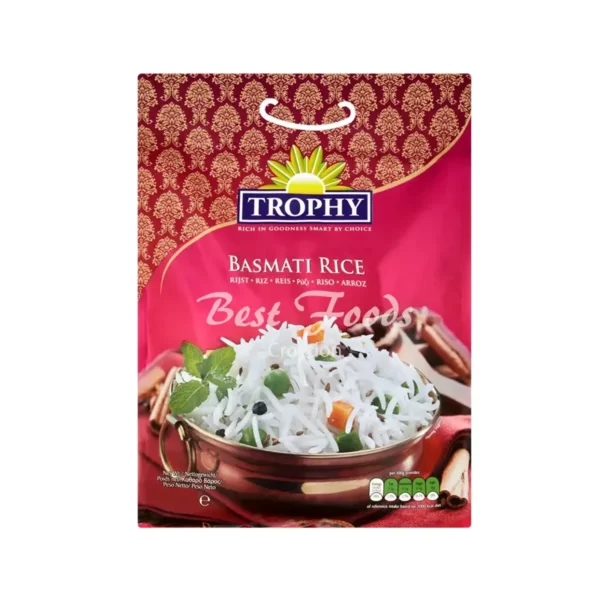| Weight | 0.5 kg |
|---|
Beetroot (Approx 500g)
Description
Beetroots/Red Beets vary in size, typically averaging 3-7 centimeters in diameter, and have a globular to ovate shape with a small taproot extending from the non-stem end. The firm skin is dark red to purple and is semi-smooth with tiny root hairs, russet, and scrapes covering the surface. Each beet varies in texture and shape depending on growing conditions. Underneath the surface, the flesh is a deep crimson and is dense, aqueous, and crunchy. When cooked, Red beets develop a tender, soft texture with a mildly sweet, earthy flavor. The beet plant also grows leafy stalks that are edible and have a taste similar to swiss chard. During the middle of the 19th century, wine often was coloured with beetroot juice.
Nutrition
Nutrition Facts
For a Serving Size of 100 grams : Calories 43
| % DAILY VALUE* | |||||
|---|---|---|---|---|---|
| Total Fat | 0.2 g | 0% | |||
| Sodium | 78 mg | 3% | |||
| Potassium | 325 mg | 9% | |||
| Carbohydrates | 10 g | 3% | |||
| Fiber | 2.8 g | 11% | |||
| Sugar | 7 g | ||||
| Protein | 1.6 g | 3% | |||
| Vitamin C | 8% | ||||
| Folate | 27% | ||||
| Calcium | 2% | ||||
| Iron | 4% |
* The Percent Daily Values are based on a 2,000 calorie diet, so your values may change depending on your calorie needs.
Applications
Beetroots are popularly consumed raw in salads or are utilized in cooked applications such as roasting, steaming, frying, and boiling. It is important to note that Red beets will bleed a dark red hue when raw or cooked, and this liquid has the potential to stain surfaces and skin. The roots can be roasted and incorporated into soups, burgers, and quiche, cooked into pasta, blended into sauces, or sliced thinly into wedges and fried into chips. Red beets can also be mixed into hummus or used in baked goods such as cupcakes, cheesecake, tarts, and brownies. In addition to the roots, the leaves are also edible, commonly sautéed or used in salads, and are prized for their tender, crisp texture. Red beets pair well with fruits such as raspberries, blueberries, pears, and avocadoes, greens such as kale, spinach, arugula, and pea shoots, cheeses such as pecorino, goat, brie, and gorgonzola, pepitas, and walnuts. The roots will keep 2-3 weeks with the leaves removed and stored in the crisper drawer of the refrigerator. With the leaves still attached the roots will keep up to one week. The green leaves will only keep 1-2 days once removed from the roots and stored in a plastic bag in the refrigerator.


